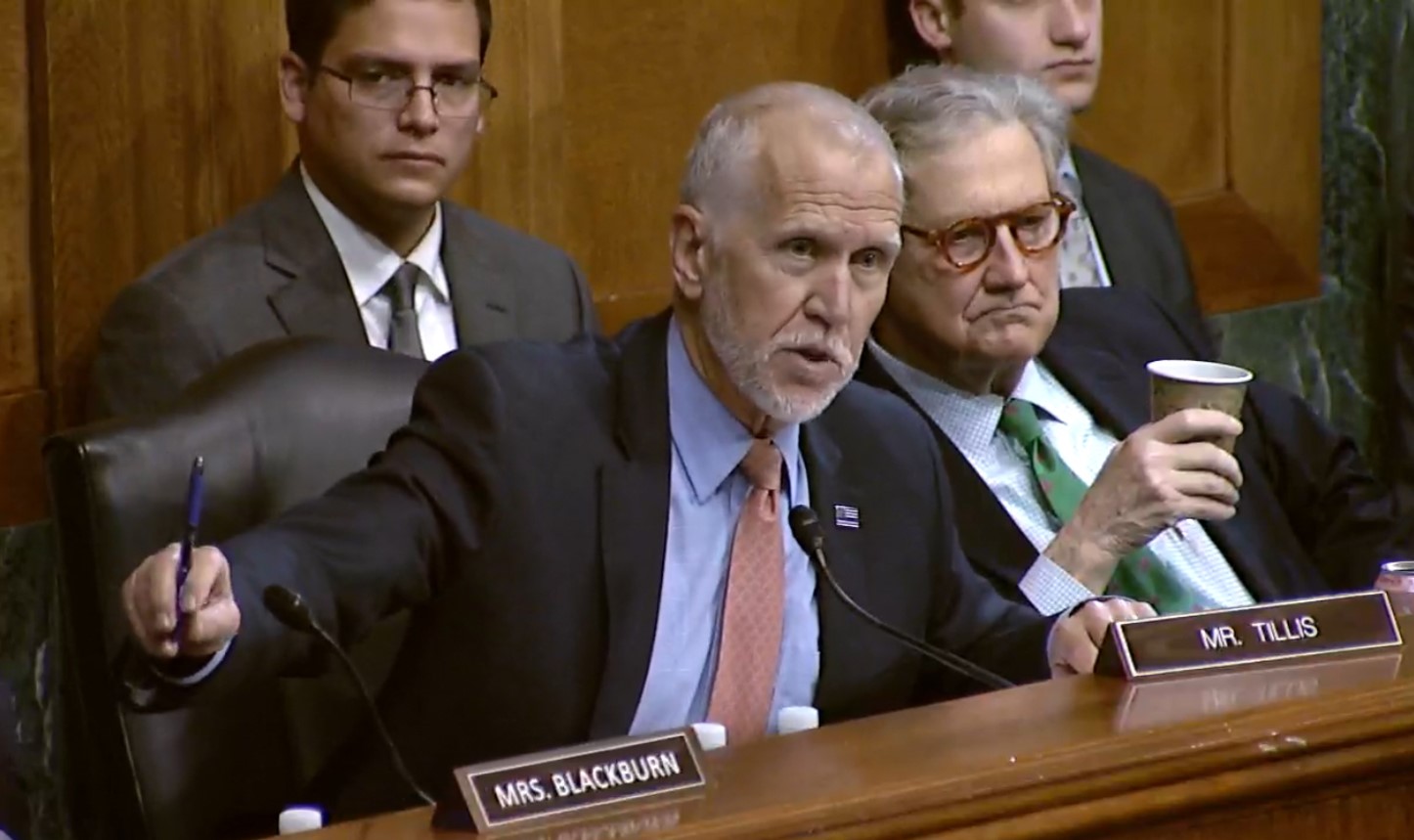WASHINGTON – Ellen Lazar, executive director of the Neighborhood Reinvestment Corporation, has been a member of two credit unions, believes strongly in credit unions and thinks the day-to-day work of economic development can profitably be the business of all credit unions, not just community development credit unions. "Credit unions bring to economic development a face-to-face, hands-on and member-owned perspective that a larger bank cannot do as easily," Lazar said, adding that the support of banks in community development work remained vital but would still lack the uniquely credit union perspective. Lazar has been a member of two credit unions, the first was the now $440 million Indiana University Employees Credit Union, which she joined when she worked as a university librarian in the Indiana University campus in Bloomington, Indiana. Later, as a public housing lawyer working for the Federal Department of Housing and Urban Development, Lazar joined the now $40 million HUD Federal Credit Union that serves HUD employees. Both experiences, Lazar said, exposed her to the financially cooperative philosophy and spirit credit unions offer. But it was not until she began to work as the director of the U.S. Treasury Department's Community Development Financial Institution Fund that she said she became much more familiar with the power credit unions have in the community development arena. "I love community development credit unions," she said. "I think they have a tremendously strong personal approach to community development work." But Lazar believes the role credit unions can fill in economic development work extends beyond that of the community development credit unions and can help the growing number of credit unions switching from employer based to community based fields of membership to do so successfully. "Where credit unions can bring financial services into communities where they may be have been absent or limited for some time," Lazar explained, "economic development organizations like those of the NRC can bring credit unions the knowledge of their communities and the support for credit union programs on the ground that they need." Lazar explained that she had brought her experience of working with credit unions in development to her position as NRC executive director and that she wanted to make the productive cooperative experiences more known, both among credit unions and in the country at large. In April 2003, the NCUA and the NRC, jointly published a 28-page report that highlighted eight case studies of credit unions around the country working with affiliates of the Neighborhood Reinvestment Corporation, where Lazar assumed the helm in October of 2000. The credit unions cited in the report run the range from community development credit unions to mainstream institutions, but Lazar emphasized that the cases studied were meant to illustrate what was possible for credit unions and not to dictate the type of experience that every credit union should seek. Every credit union's community is going to be a bit different so every credit union seeking to work with an economic development situation is going to be a bit different too, Lazar explained. She cited the experience of the $44 million Alternatives Federal Credit Union, based in Ithaca, New York, which directly finances some mortgages for low-income housing in cooperation with a NeighborWorks organization that offers the ground level financial education and preparation for the mortgages. That could be one sort of approach, she said. But she also cited the experience of a group of credit unions in Idaho, who pooled their resources to work with a NeighborWorks organization to improve crumbling parts of Pocatello, Idaho. "There are as many ways to tackle the problems are there are problems," she said. Lazar also admitted that while she served as executive director of the NRC, and while that organization would continue its primary focus on low-income housing, credit unions' efforts at economic development in their communities may take different forms. "There is a lot of room in many places for micro-lending and other small business types of lending," Lazar said. "It's a complicated field and I would expect that credit unions would need to get good consultants if they start to get involved in it, but its certainly an area that needs economic development." But at the bottom line, Lazar encouraged credit unions of all types and sizes to examine ways they could get involved in strengthening the economic development of their communities. Such development, she pointed out, doesn't just help one part of a community but strengthens the whole thing, including the credit union. Some credit unions may really wonder about how to get involved in economic development work, she laughed, adding, "but we're here to help them!" Lazar pointed out the NRC runs training institutes around the country in which credit unions in the past have participated and would be welcome again. "Credit unions have a social aspect to their work that banks don't have," Lazar said. To some extent it comes as part of the reason for their tax exemption, she explained, but it would be wrong to view working in economic development as only a laborious obligation of being a credit union. "Working with economic development is key to offering members the sorts of services they want and need," she said. [email protected]
Complete your profile to continue reading and get FREE access to CUTimes.com, part of your ALM digital membership.
Your access to unlimited CUTimes.com content isn’t changing.
Once you are an ALM digital member, you’ll receive:
- Breaking credit union news and analysis, on-site and via our newsletters and custom alerts
- Weekly Shared Accounts podcast featuring exclusive interviews with industry leaders
- Educational webcasts, white papers, and ebooks from industry thought leaders
- Critical coverage of the commercial real estate and financial advisory markets on our other ALM sites, GlobeSt.com and ThinkAdvisor.com
Already have an account? Sign In Now
© 2024 ALM Global, LLC, All Rights Reserved. Request academic re-use from www.copyright.com. All other uses, submit a request to [email protected]. For more information visit Asset & Logo Licensing.









